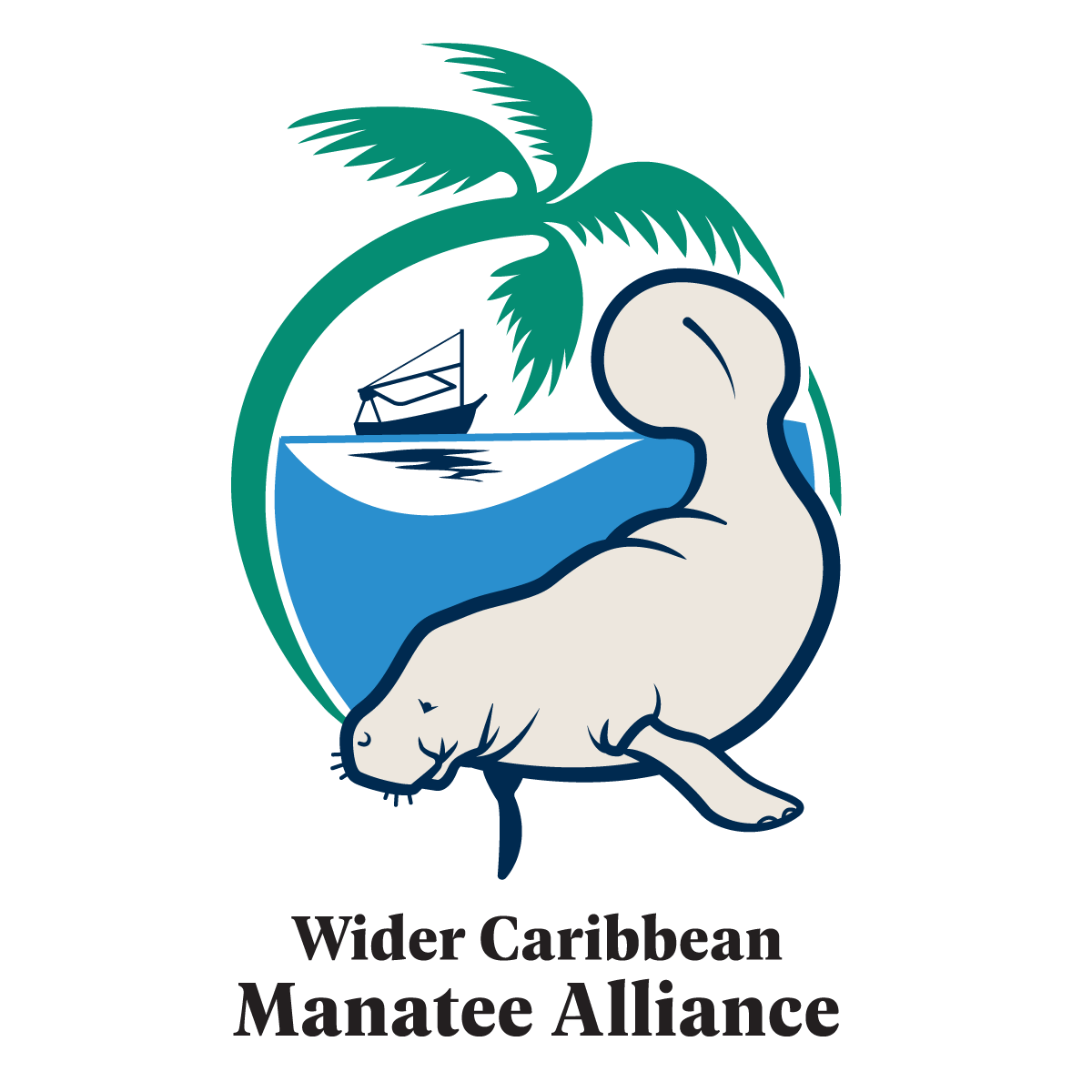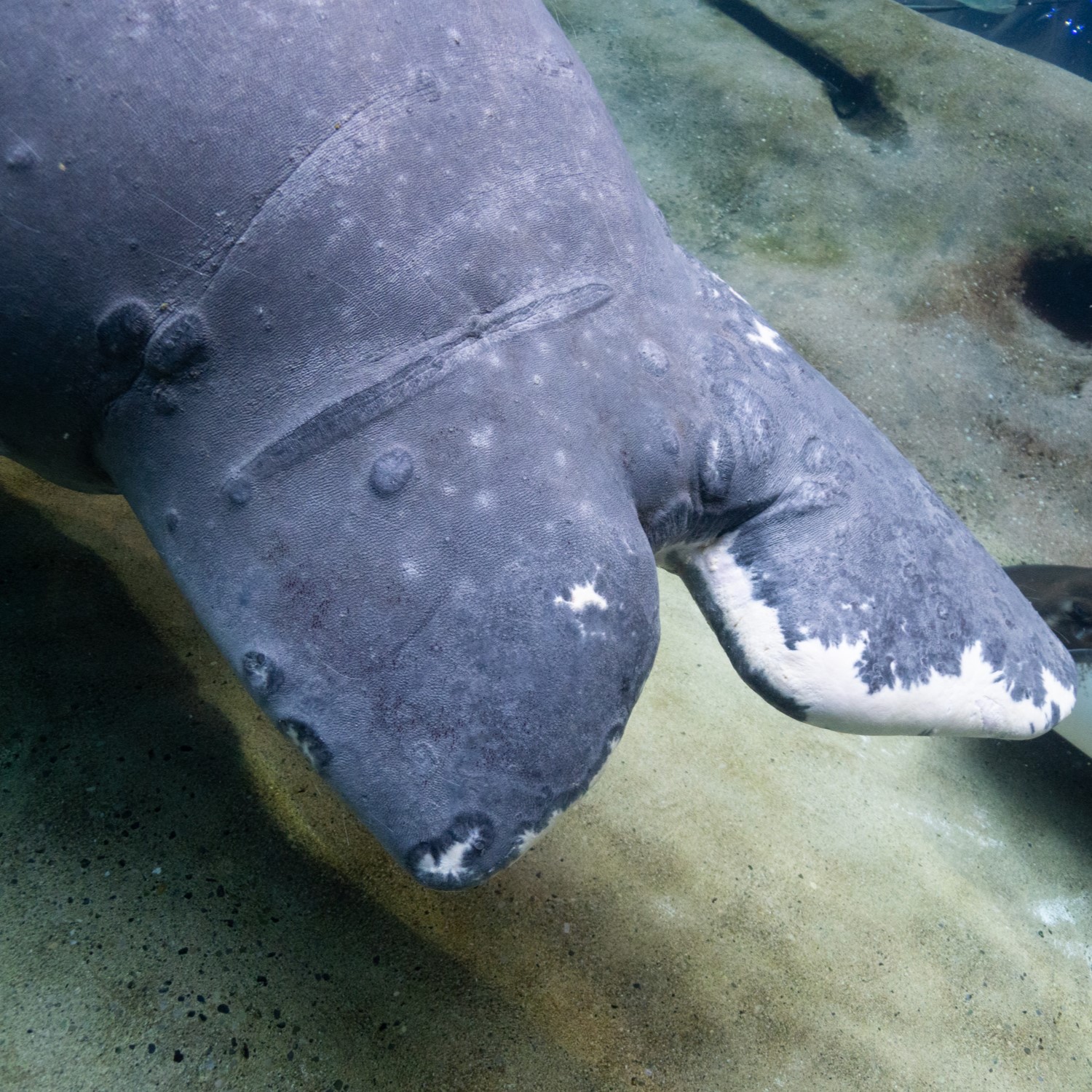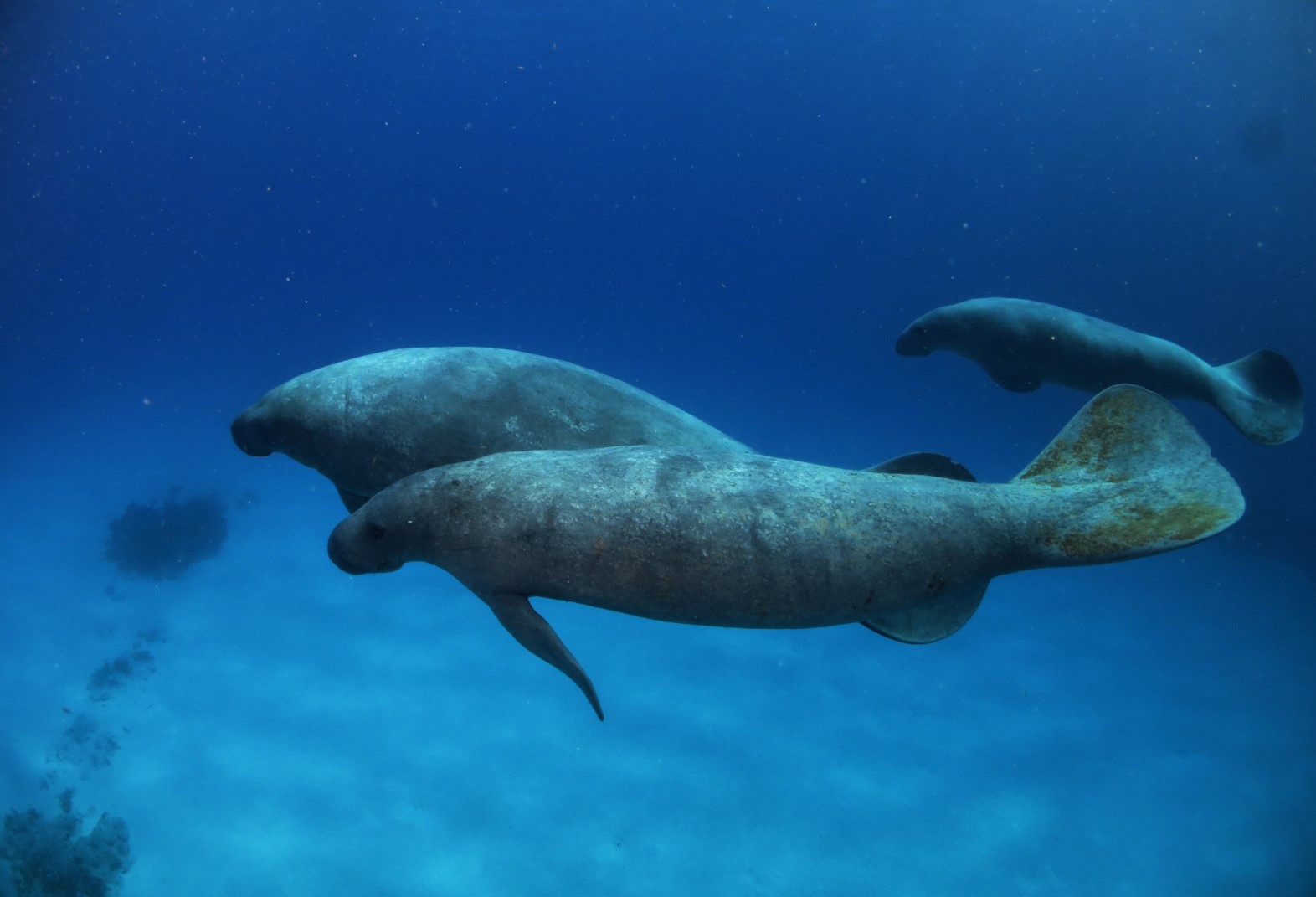Partners in Conservation
Learn about the Zoo’s financial commitment to holistic conservation efforts in Central Africa.


The Columbus Zoo and Aquarium and the Clearwater Marine Aquarium Research Institute have joined forces to create the Wider Caribbean Manatee Alliance (WCMA), an international network linking strategic partners across the Caribbean region to collaborate on conservation, community engagement and research.
The Alliance aims to secure a healthy future for manatees and their coastal ecosystems and ensure the species’ ecological, cultural, and economic significance for future generations.
The Greater Caribbean region provides essential habitats for manatees, including shallow coast waters, rivers, freshwater springs, estuaries and seagrass beds, which are vital for their support and reproduction. Manatees are found in 20 countries throughout the Caribbean, including the United States. However, there are many issues that negatively impact manatees, including habitat loss, poaching, entanglement in fishing gear, watercraft collisions, and climate change.
The species are listed as endangered or vulnerable on the International Union for Conservation of Nature's Red List of Threatened Species™, but, for some local governments, their range population is considered critically-endangered.
The WCMA will provide an international network for those regions to partner with in the name of conservation, community engagement, and research benefiting manatees.

Manatee conservation in the wider Caribbean is challenging due to the species' presence across multiple island nations, continental nations, and territories, with factors such as language, culture, economic and political environment acting as barriers and debilitating efforts.
United in our mission, our organization is dedicated to protecting the manatee populations of the Greater Caribbean by advancing conservation efforts, fostering regional collaboration, promoting sustainable practices, and empowering local communities.
Our first goal is to establish and maintain a robust network of manatee experts and stakeholders that comprehensively support Greater Caribbean manatee conservation efforts in each country, including building relationships and connecting members, developing a structured framework, advocating for policy changes, legal protections and sustainable management practices that benefit manatees and their habitats.
Our second goal: Enhance manatee conservation capacity in the Caribbean through various strategies, which will ultimately strengthen the capacity of countries and stakeholders to effectively conserve manatees, protect their habitats, and promote sustainable coastal management practices to benefit manatees and coastal systems.
Our third goal: Expand scientific research focused on the Greater Caribbean manatee aiming to bridge existing knowledge gaps. Overall, these research endeavors aim to enhance our understanding of Greater Caribbean manatees, their ecological needs, and the various threats and challenges they face, ultimately guiding evidence-based conservation actions and management decisions for their long-term survival and wellbeing.
Our fourth goal: Strengthen the rescue, rehabilitation, and release capabilities for the Greater Caribbean through initiatives and actions that will improve the effectiveness, sustainability, and capacity of rescue, rehabilitation, and release efforts for Greater Caribbean manatees, ultimately contributing to rebuilding the local populations.

“By fostering partnerships and raising awareness, the Wider Caribbean Manatee Alliance will inspire collective action and empower communities to become stewards of their natural heritage. As we face unprecedented challenges such as habitat loss, pollution, and climate change, the work of the WCMA has never been more critical."
- Dra. Nataly Castelblanco-Martinez, El Colegio de la Frontera Sur (ECOSUR), Mexico